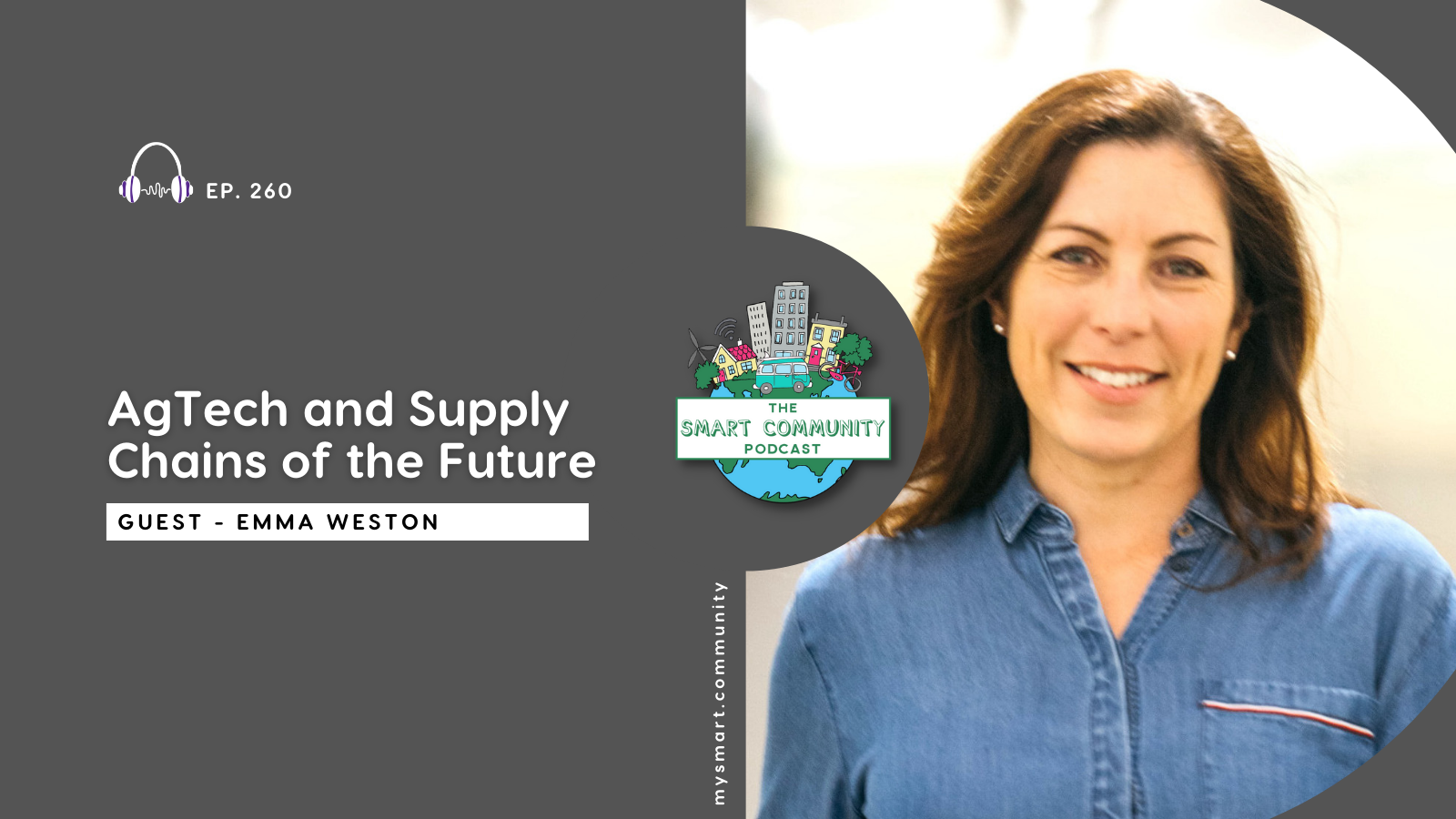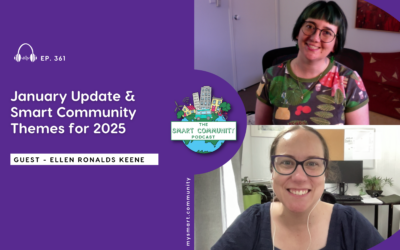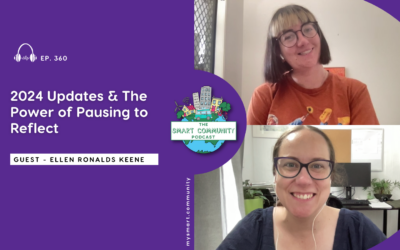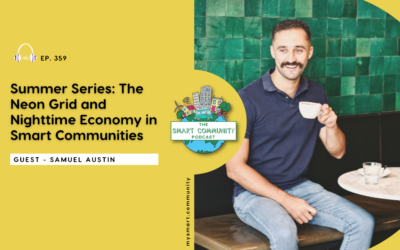Hi #smartcommunity friends! In this episode of the Smart Community Podcast I have a brilliant conversation with Emma Weston. Emma is the CEO and co-founder of AgriDigital, which is a company dedicated to digitizing and growing grain supply chains and joining us from her own farm in NSW. Emma tells us about her background in Law and how that began her journey into the grain industry to now her current work with her company AgriDigital before she tells us what a Smart Community is to her. We then discuss the importance of accessibility in communities and how Smart Communities facilitates that as well as the connectedness Smart Communities bring and what opportunities the Covid-19 pandemic has brought for rural and regional communities. Emma then dives a little deeper into her company sharing with us what they do, how they work to create more efficiency and value through digital supply chains and how that creates better sustainability and investment in the agricultural space. We finish our chat talking about the emerging trends of virtual transactions, more investment in knowledge based work and the potential impacts of Telehealth on our communities. As always, we hope you enjoyed listening to this episode as much as we enjoyed making it!
Listen here:
What we cover in this episode:
- Emma’s background in Law and current work in the agri tech space digitizing the grain supply chain
- What a Smart Community is to Emma
- The importance of accessibility in communities and how Smart Communities can facilitate that
- Her journey into the agri tech space and how she started her business AgriDigital
- The connectedness that Smart Communities brings and how the Covid-19 pandemic has brought opportunities for rural and regional locations
- More about Emma’s company, what they do, and how they work to create more efficiency and value through digital supply chains
- How her company creates sustainable supply chains and creates investment in the agriculture space
- The emerging trends of virtual transactions such as digital currencies or digital assets that can be traded, more investment in knowledge based work and the potential negative impact Telehealth might have on our communities
Quotes:
“[AgriDigital] works with farmers, traders, storers of grain and movers of grain, basically recreating in a digital format, the supply chain of the future.”
“I really have an expansive notion of community. And that probably comes from living in the country, or dividing my time between cities and countries.”
“I think part of the ethos of Smart Communities is how we make this accessible, how we actually make this livable, and a really positive part of community and our everyday lives, rather than this never ending interconnecting Venn diagram of complexity, that can only be solved by abstract technologies.”
“I think lawyers sometimes get a bad name. But as a profession, it’s actually built upon a respect for how we engage with each other. And so, I guess I’ve kind of taken that forward.”
“Agriculture as an industry is the least digitized industry in the world, by a long way. It is also the world’s largest employer, it employs 40% of the world’s working population. And what that means is there is enormous levels of opportunity for improved efficiency and value creation, as well as value reassignment.”
“So there’s a number of different technologies that [AgriDigital] use and none of this would have been possible, even 10 years ago, because we would not have had the level of cloud infrastructure and the digital suite of tools that we now have. And that’s why I can sit on a farm, talking to you about this, which is super exciting, because we’re really just at the beginning of what’s possible.”
“The challenges around access to connectivity are very real in rural and regional Australia, and not just in rural and regional Australia, there’s some global challenges there. And when we’re thinking about Smart Cities, [what] I think is important is the equity of access by cost and by participation as well. So there’s actually a lack of equity in the connectivity, whether that’s the cost of, or the type of services that are provided. So I think that’s also an important continued work in progress.”
“If we allow technology to go down the route of productizing health, and health becomes a product instead of a right, I think that’s a conversation we need to be having now to ensure that either those products are available to everyone, because generally when something gets productized, it’s not necessarily available to everyone.”
Links:
Connect:
Find the full show notes at: www.mysmart.community
Connect with Emma via Twitter
Connect with me via email: hello@mysmart.community
Connect with My Smart Community via LinkedIn or Twitter and watch on YouTube
The Smart Community Podcast is produced by Perk Digital






0 Comments